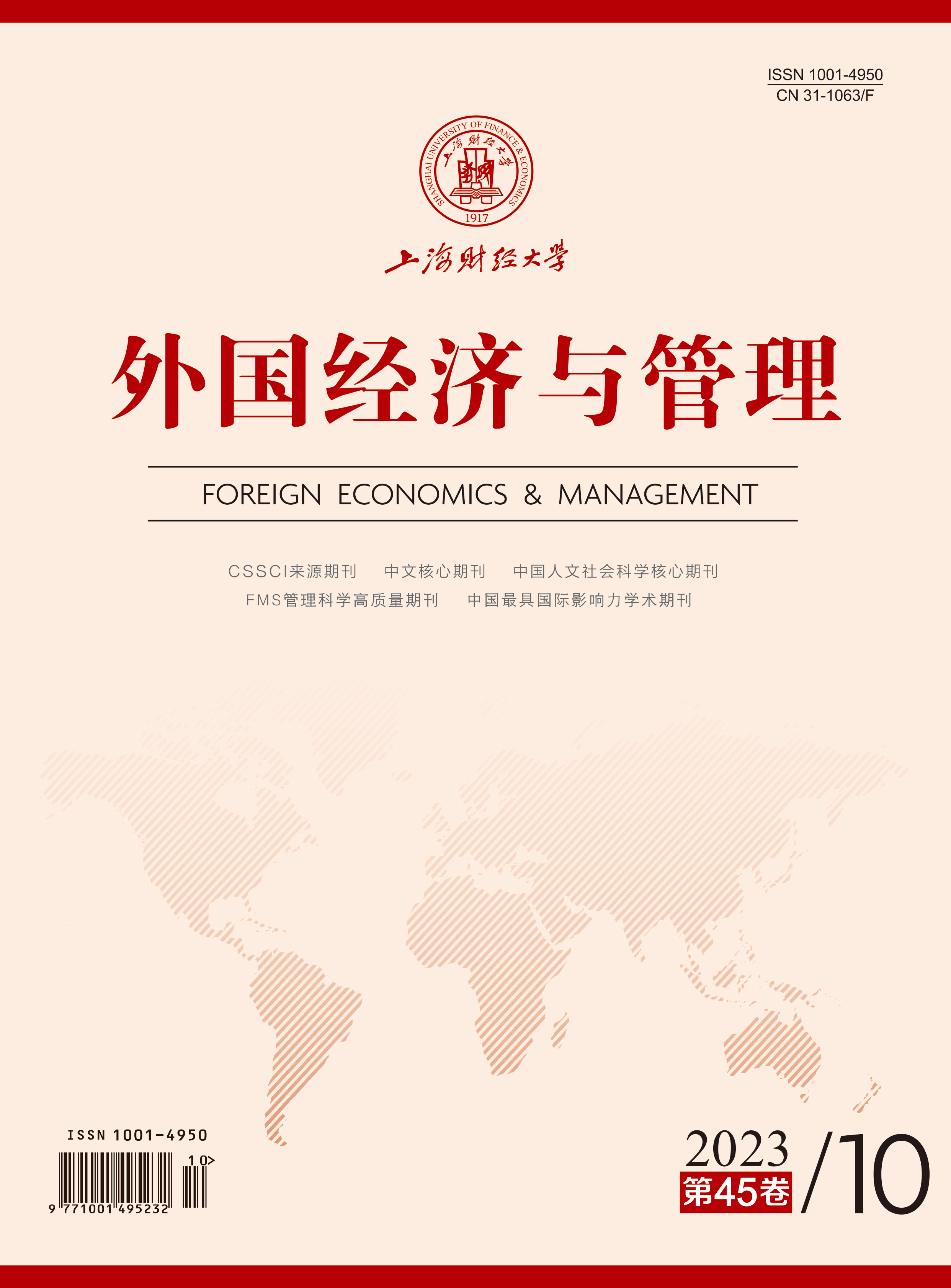Entrepreneurship is typically full of uncertainty, so entrepreneurs may find themselves on an emotional rollercoaster. Among various emotions, anxiety is the most prominent one. Scholars have not reached a consistent conclusion on the consequences of anxiety. The majority of literature highlights the negative effect of anxiety, associating it with depression, unethical behaviors, and lower levels of performance. However, the latest research has begun to pay attention to its positive effects. For example, entrepreneurial anxiety could boost entrepreneurial efforts in problem-solving and innovation thinking with an increased sense of urgency. Although empirical research has provided preliminary evidence that entrepreneurial anxiety promotes entrepreneurial efforts, we still have little knowledge about the mechanism between them.
Entrepreneurial behavior is typical voluntary behavior, and the strength of entrepreneurial efforts is highly dependent on entrepreneurs’ energy. Therefore, we draw on the human energy theory to construct the process model of entrepreneurial anxiety affecting entrepreneurial efforts, and identify two broad types of human energy—potential energy and in-use energy—that may predict how entrepreneurial anxiety facilitates and debilitates entrepreneurial efforts. Additionally, energy research shows that high-quality interpersonal interaction could supplement (potential and in-use) energy, which may affect the mechanism. As a result, we introduce self-regulation and emotional exhaustion as mediators, and introduce team trust as a moderator.
Through a questionnaire survey, we collect two waves of data from entrepreneurs and team members. The empirical results show that entrepreneurial anxiety facilitates entrepreneurial efforts by increasing the self-regulation process, while debilitates entrepreneurial efforts by increasing the emotional exhaustion process. Moreover, team trust moderates the bilateral mediating process, in which team trust magnifies the effectiveness of entrepreneurial anxiety in promoting self-regulation but weakens its effectiveness in causing emotional exhaustion. The impact threshold of a confiding variable (ITCV) method is adopted to test the omit variable issues, and the results remain robust.
This paper has both theoretical and practical contributions, Drawing on the human energy theory, it reveals the nature and process of the intricate relationship between entrepreneurial anxiety and entrepreneurial efforts and outlines the precise boundary condition through which entrepreneurial anxiety facilitates and debilitates entrepreneurial efforts. By doing so, it promotes the development of the positive effect of anxiety and enriches the understanding of entrepreneurial anxiety. Additionally, the findings have implications for investors to select appropriate entrepreneurial projects as well as for entrepreneurs to build entrepreneurial teams.





 7195
7195  6184
6184

